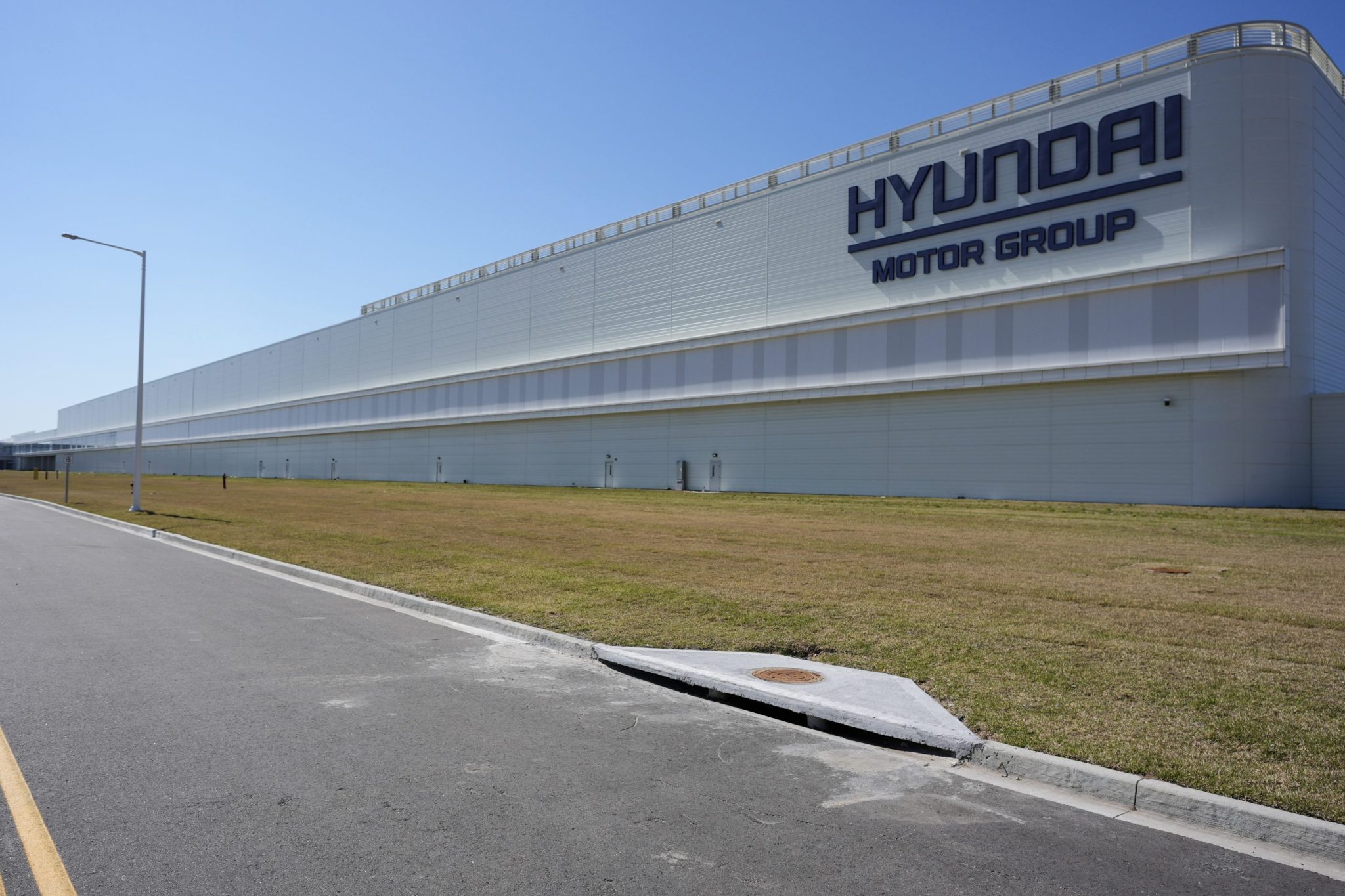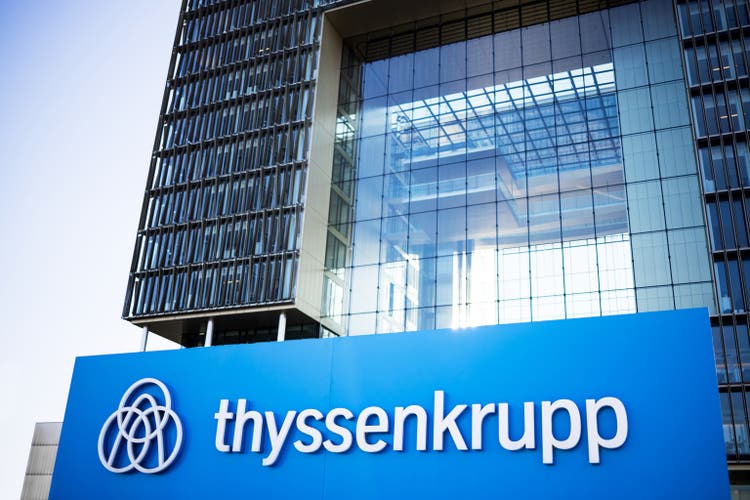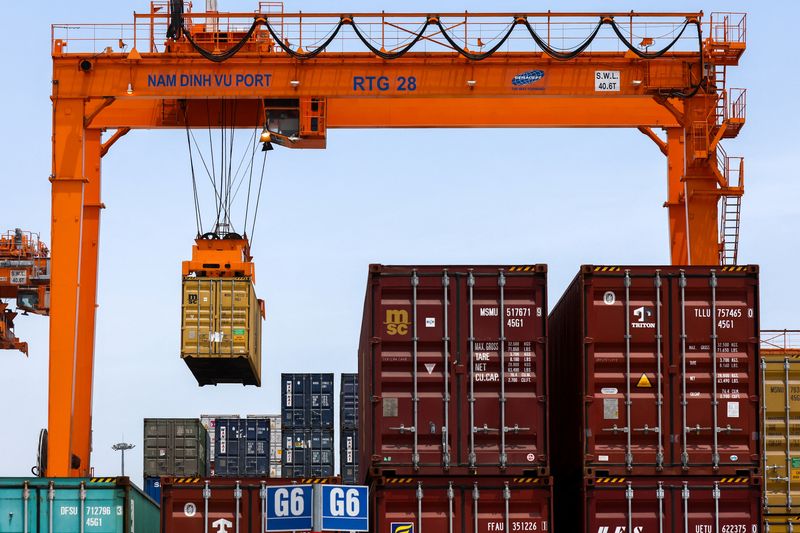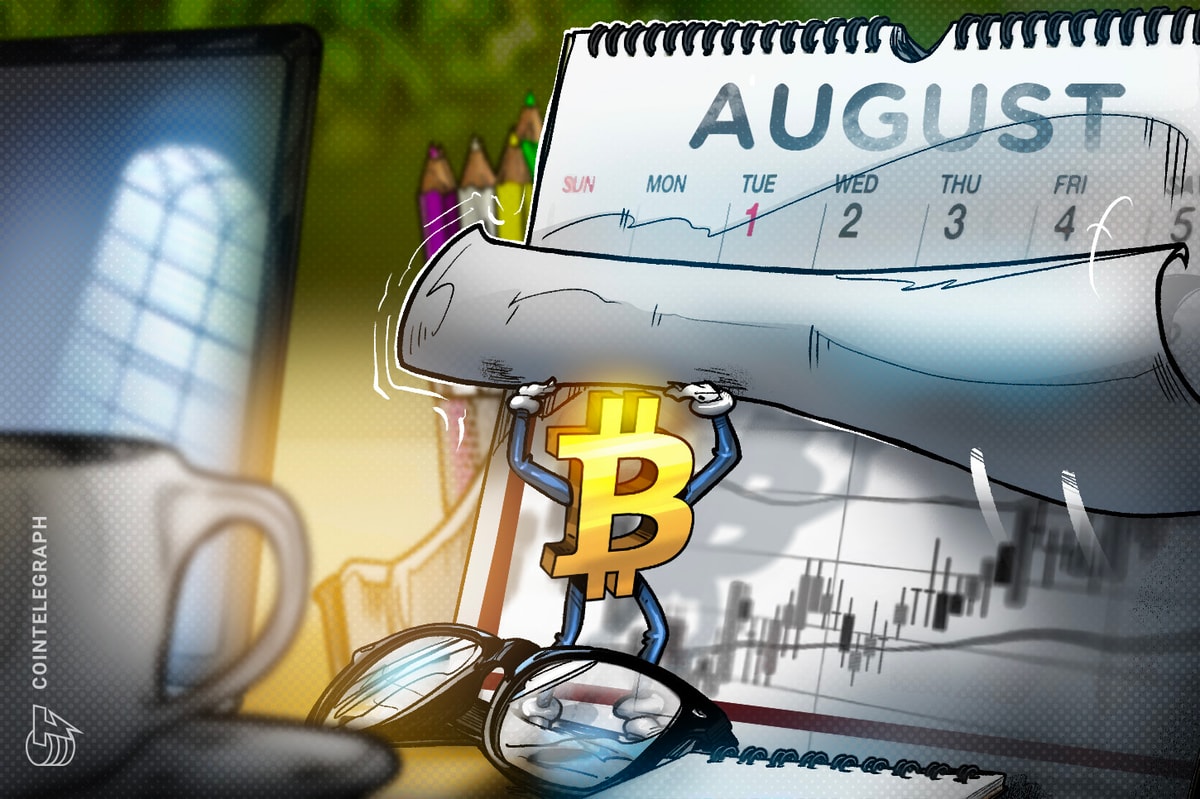In its meeting on Wednesday, September 3, the GST Council approved the elimination of two GST slabs: 12 percent and 18 percent among other things. From groceries and fertilisers to footwear, textiles, and even renewable energy, a broad basket of goods and services is set to become more affordable after the removal of these two slabs.
Take a look at the industry leaders' reactions after the government cut GST rates on various categories:
Ajinkya Firodia, Vice Chairman of Kinetic India
“ We welcome this very positive and timely move by the Government. The GST rate cut will give a strong boost to the economy in an unprecedented manner. Essentials, including food, automobiles, and several other key sectors, have been rightly covered under this decision. "
" This step aligns with the vision of making India self-sufficient—an Atmanirbhar Bharat. It will lower interest rates, facilitate employment generation, and encourage capacity augmentation across industries. "
" Our only humble request is that the electric vehicle (EV) sector continues to be kept in special focus. To ensure higher penetration of EVs, especially two-wheelers, we urge the continuation of supportive schemes so that this transformative sector does not face any adverse impact. EV adoption is critical for India’s sustainable growth and competitiveness."
Shailesh Chandra, President, SIAM
“Automobile Industry welcomes the Government’s decision to reduce the GST on vehicles to 18% and 40%, from earlier rates of 28% to 31% and 43% to 50%, respectively, especially in this festive season.
This timely move is set to bring renewed cheer to consumers and inject fresh momentum into the Indian Automotive sector. Making vehicles more affordable, particularly in the entry-level segment; these announcements will significantly benefit first-time buyers and middle-income families, enabling broader access to personal mobility.
We also thank the Government of India for continuing with GST rate of 5% on Electric Vehicles, which will help sustain the ongoing momentum towards sustainable mobility.
Furthermore, the resolution of classification interpretations and the correction of the inverted duty structure will greatly streamline business processes across the automotive industry, supporting ease of doing business.
We are confident that the Government will also soon notify suitable mechanisms for the utilisation of compensation cess on unsold vehicles, ensuring a smooth and effective transition.”
Mani, partner, Deloitte India
“With large manufacturing states like Maharashtra, Karnataka, UP, Haryana, TN , AP showing increases ranging between 9% and 21% , the overall GST collections ( net of refunds) have grown by 13.5% compared with the same month last year “
“The increase in collections is in line with the GDP growth data shared recently and would give the policy makers the confidence to move ahead with GST 2.0 reforms slated to be discussed in the GST Council Meeting this week “
“After four months of increases in GST refunds, this month depicts a decline in refunds although on an annual basis, refunds are18% more than last year."
"These collections pertain to economic activity during the month of July, which is typically impacted by the monsoon-led lower demand for goods and services. The demand increases which begin in the festival season starting Aug and continue till November, should result in significant jumps in collections in the coming months; however, reduced GST rates that are expected to be announced soon may temporarily moderate the collection."
Chandrajit Banerjee, director general, CII
“This move on GST reforms is a phenomenal milestone. CII not just welcomes the GST Council’s forward-looking decisions—moving to two rates of 5% and 18% from 22 September, simplifying refunds and MSME procedures, and exempting individual life and health insurance from GST, but also sees this as pathbreaking.
This clarity will ease compliance, reduce litigation, and give businesses and consumers the predictability they need.
By lowering rates on everyday items and critical inputs, the reforms provide immediate relief to families and strengthen the foundation for growth.
CII strongly holds the view that Industry would swiftly pass benefits to the consumers and partner with the Government to ensure a smooth, timely rollout that lifts demand and supports jobs."

 1 day ago
1
1 day ago
1
















 English (US) ·
English (US) ·